Work is a funny old thing — a four-letter word to some, the meaning of life to others. There have been occasions during the past three years, since I was given the heave-ho from my last regular newspaper column, when I’ve felt that I didn’t exist any more, despite having a happy marriage and more than enough money. Then I recently returned from a carefree holiday, realised that I had four deadlines over the next four days (including this one) and momentarily wished for those wilderness times. But on balance I know I would rather work than not. That is, of course, if one can call reading a book about work, and then scribbling 700 words about it, ‘working’ at all. I’ve never had any other paid job, and I’m well aware of the old saying ‘Choose a job you love and you’ll never have to work a day in your life.’
This book begins in Dover, where Joanna Biggs’s first interviewee is steam-cleaning clothes for a charity shop — a volunteer job I myself started last month. I recognise the camaraderie and satisfaction involved, though, like me, Eve works for nothing: ‘I love working here. It’s well nice.’ Though it’s hard for the educated to grasp (not so clever now, eh?), work isn’t necessarily something that gives people more satisfaction the more qualifications it requires or the more money it yields; in repeated surveys of happiness in the workplace beauticians come out top and lawyers bottom.
Women with children in particular gain immeasurably from working; as a tot I well remember my father presenting me with my own latchkey ‘because ladies goes mad if they don’t work. You don’t want your mum to go mad, do you, love?’ In a letter to his daughter in 1938, F. Scott Fitzgerald urged her to read the following lines twice:
[Your mother] realised too late that work was dignity and the only dignity and tried to atone for it by working herself but it was too late and she broke and is broken forever.
On the other hand, pensioners are often reported to be happier than workers. The happiest person I know is a very rich self-made man of working-class origin, in his fifties, who retired young and spends his days reading, learning Hebrew and going on the lash with me. But he is taking his ease after great exertion and achievement. The position of the idle rich, whose sour-faced scions always seem to end up going to the bad, seems to indicate that this is an important factor.
Biggs took two years to complete this book, talking to workers from the Outer Hebrides to North Wales, and while there’s something for everyone, I think it’s fair to say that most of us might be more interested in what a rabbi does all day than what a pot-glazer gets up to. Sometimes the jobs people wanted to do, and didn’t, say more about them and society than the ones they actually do — as in the case of the young shoemaker who dreamed of being a pilot. (When my cousin Kim, a bright, pretty girl, told a career guidance bod in the 1970s that she fancied being an air hostess, he advised her to ‘Come back down to earth!’) Working-class ambition is often discouraged at a heartbreakingly early age — and then those same kids are scolded for putting their faith in talent-show fame.
Biggs has a lovely, calm, measured style, with just a hint of menace behind it — like a tour guide in a stately home who suddenly pulls out a baseball bat and just holds it there, smiling. This is very much a book about work during a recession; but I hadn’t known till I read it that wages in the USA were at their highest, comparatively, in 1973 — which made me feel very closing-time-in-the-Gardens-of-the-West-y. Look on your zero-hour contracts, you meek, and despair.
Got something to add? Join the discussion and comment below.
Get 10 issues for just $10
Subscribe to The Spectator Australia today for the next 10 magazine issues, plus full online access, for just $10.
Available from the Spectator Bookshop, £12.99 Tel: 08430 600033
You might disagree with half of it, but you’ll enjoy reading all of it. Try your first month for free, then just $2 a week for the remainder of your first year.


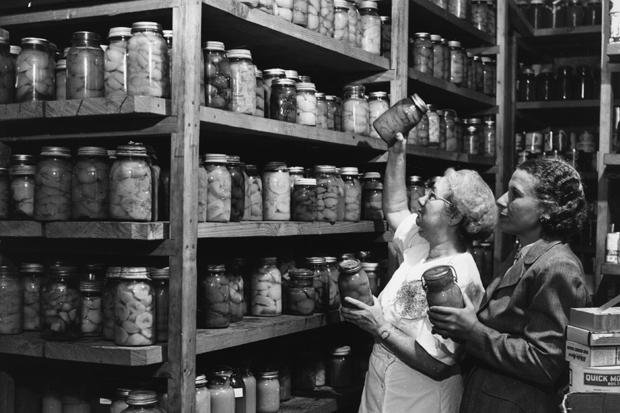
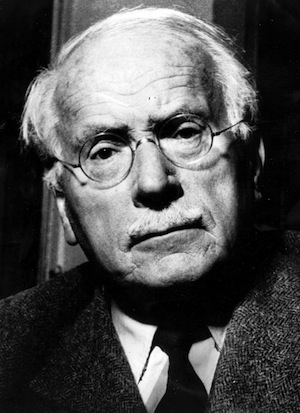

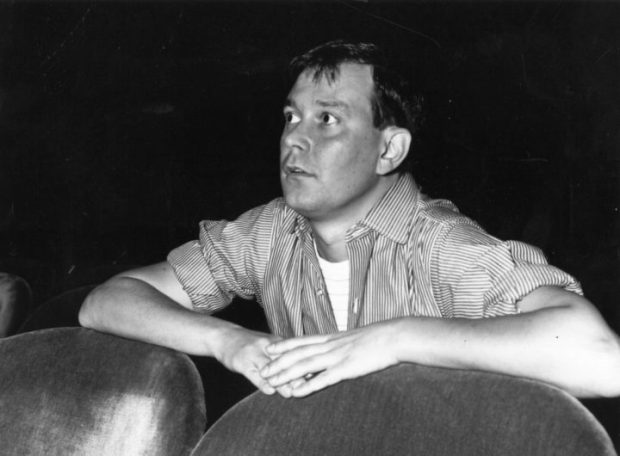
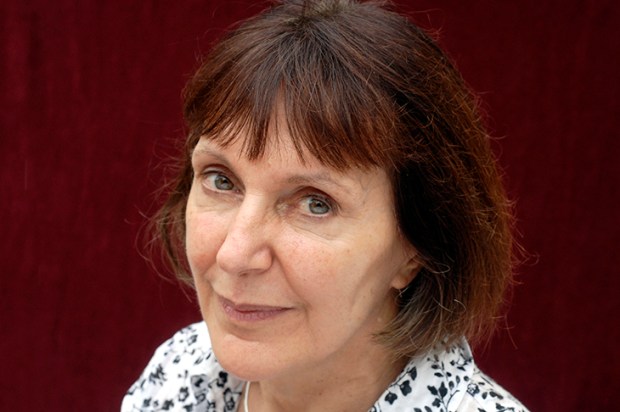
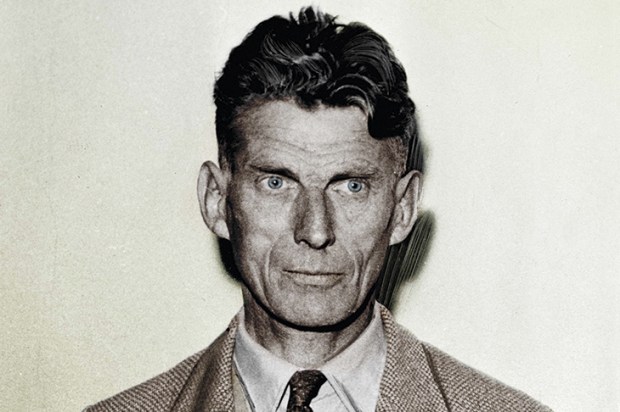







Comments
Don't miss out
Join the conversation with other Spectator Australia readers. Subscribe to leave a comment.
SUBSCRIBEAlready a subscriber? Log in